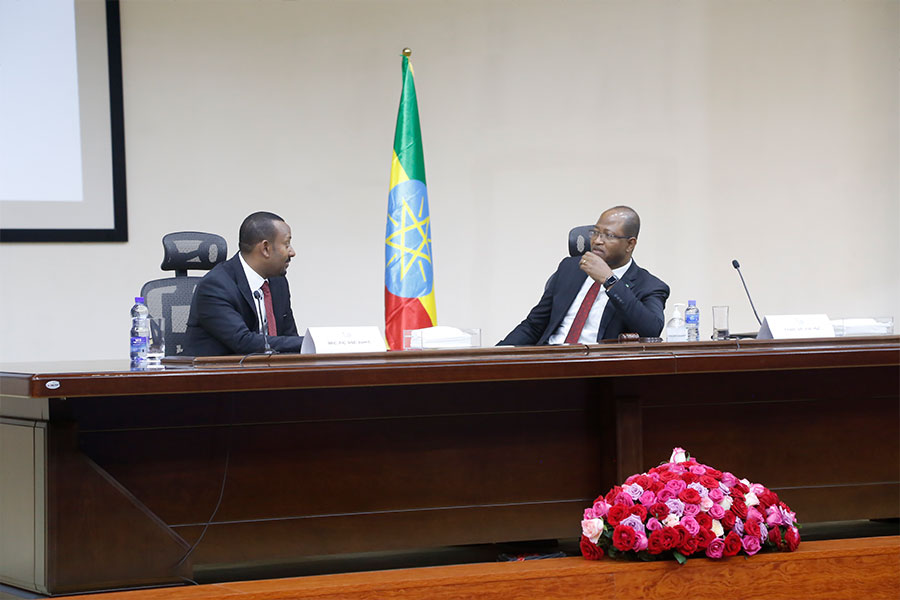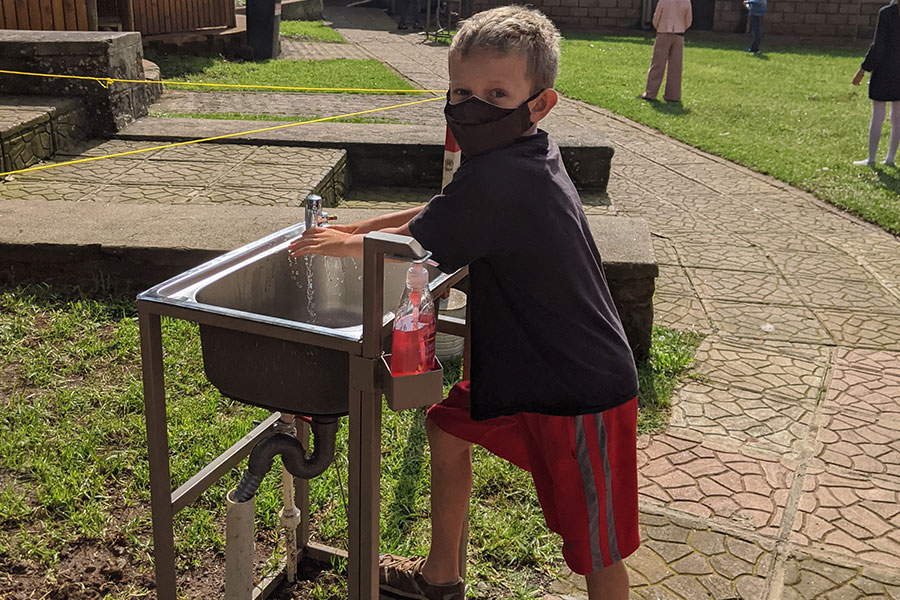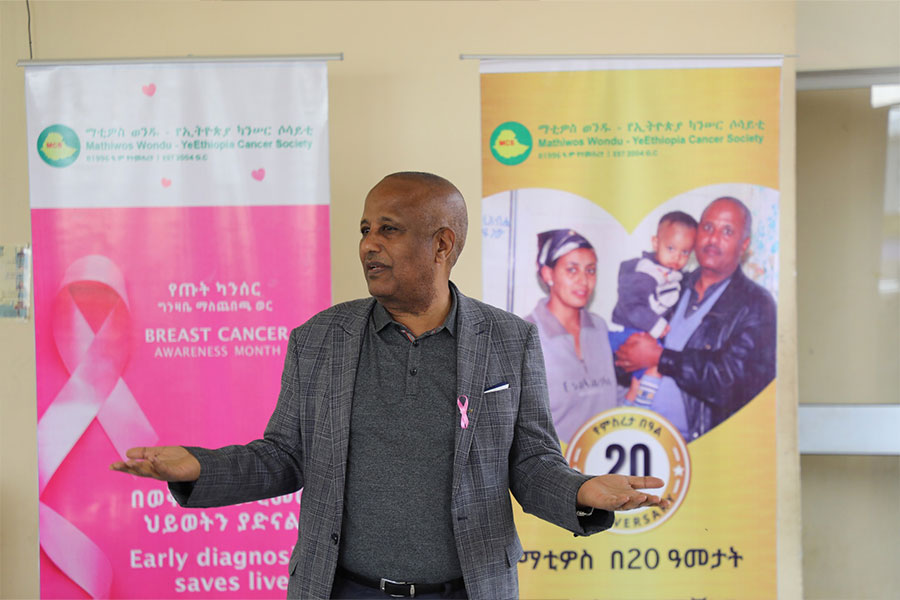
Fortune News | Jul 11,2021
Speaker Tagesse Chafo (left) walks Prime Minister Abiy Ahmed (PhD) out after a session with members of parliament where the latter had to answer for one of the most challenging periods the country has gone through in recent times. Parliament last week was a session of reckoning in more ways than one.
Anxiety, fatigue and grievances characterise the popular mood. The country is going through trying times, from a devastating civil war in the north and inter-communal conflicts across the country to an exasperating economic slowdown. Last week's question time by the Prime Minister has been one of the deconstructions of the official narrative since the war in Tigray began in the first week of November 2020.
After months of silence and ambiguity over reports of Eritrean involvement in the conflict and outright denial by several administration officials, the Prime Minister has deconstructed the issue. Eritrean forces are in Ethiopia; gross violations of human rights have been committed; and, rape and looting have happened. This official acknowledgment came days after the Ethiopian Human Rights Commission released a report documenting atrocities that were committed against civilians in Axum by Eritrean troops.
The Prime Minister told parliament that these are not acceptable coming from any side. But he insisted that the Eritrean “people and government” have done a great deal in assisting Ethiopian soldiers that had retreated to the other side of the Mereb River.
"Ethiopian history shall never forget what Eritreans have done to help our defense forces when they sought sanctuary from death and during our difficult times," Prime Minister Abiy said.
Later in the week, after a visit to Asmera, he announced that Eritrea has agreed to pull its troops out of the Tigray region. Unabated inter-communal conflicts were also issues that made MPs vocal – they have been raised in sessions such as these for a few years now with no end in sight.
“[The army] can’t just jump into any conflict . . . unless the regional state asks for help,” he said.
He called for more engagement in beefing up the security infrastructure institutionally beyond just armchair activism. Uniquely, the session also delved deep into economic issues, especially the increasingly alarming rise in living costs. With basic goods such as wheat and edible oil having escalated in price, headline inflation has persisted far higher than the single-digits his administration had aimed to achieve. The prices of goods have been increasing in step with a depreciating Birr and the gradual lifting of subsidies on basic goods. With growth expected to slow down to two percent, according to projections by the International Monetary Fund (IMF), the Prime Minister alluded to economic reforms. This week, the Transport Ministry held an investment summit to promote areas open for investment to the private sector, domestic and international. More historic, however, was parliament’s passing of an amendment to the over six-decade-old Commercial Code last Thursday. Such reforms were bearing fruit, the Prime Minister insisted, while inflation was portrayed as a stubborn annoyance.
PUBLISHED ON
Mar 27,2021 [ VOL
21 , NO
1091]

Fortune News | Jul 11,2021

Agenda | Oct 03,2020

Agenda | Oct 03,2020

View From Arada | Jun 07,2025

Dec 22 , 2024 . By TIZITA SHEWAFERAW
Charged with transforming colossal state-owned enterprises into modern and competitiv...

Aug 18 , 2024 . By AKSAH ITALO
Although predictable Yonas Zerihun's job in the ride-hailing service is not immune to...

Jul 28 , 2024 . By TIZITA SHEWAFERAW
Unhabitual, perhaps too many, Samuel Gebreyohannes, 38, used to occasionally enjoy a couple of beers at breakfast. However, he recently swit...

Jul 13 , 2024 . By AKSAH ITALO
Investors who rely on tractors, trucks, and field vehicles for commuting, transporting commodities, and f...

Jul 5 , 2025
Six years ago, Ethiopia was the darling of international liberal commentators. A year...

Jun 28 , 2025
Meseret Damtie, the assertive auditor general, has never been shy about naming names...

Jun 21 , 2025
A well-worn adage says, “Budget is not destiny, but it is direction.” Examining t...

Jun 14 , 2025
Yet again, the Horn of Africa is bracing for trouble. A region already frayed by wars...